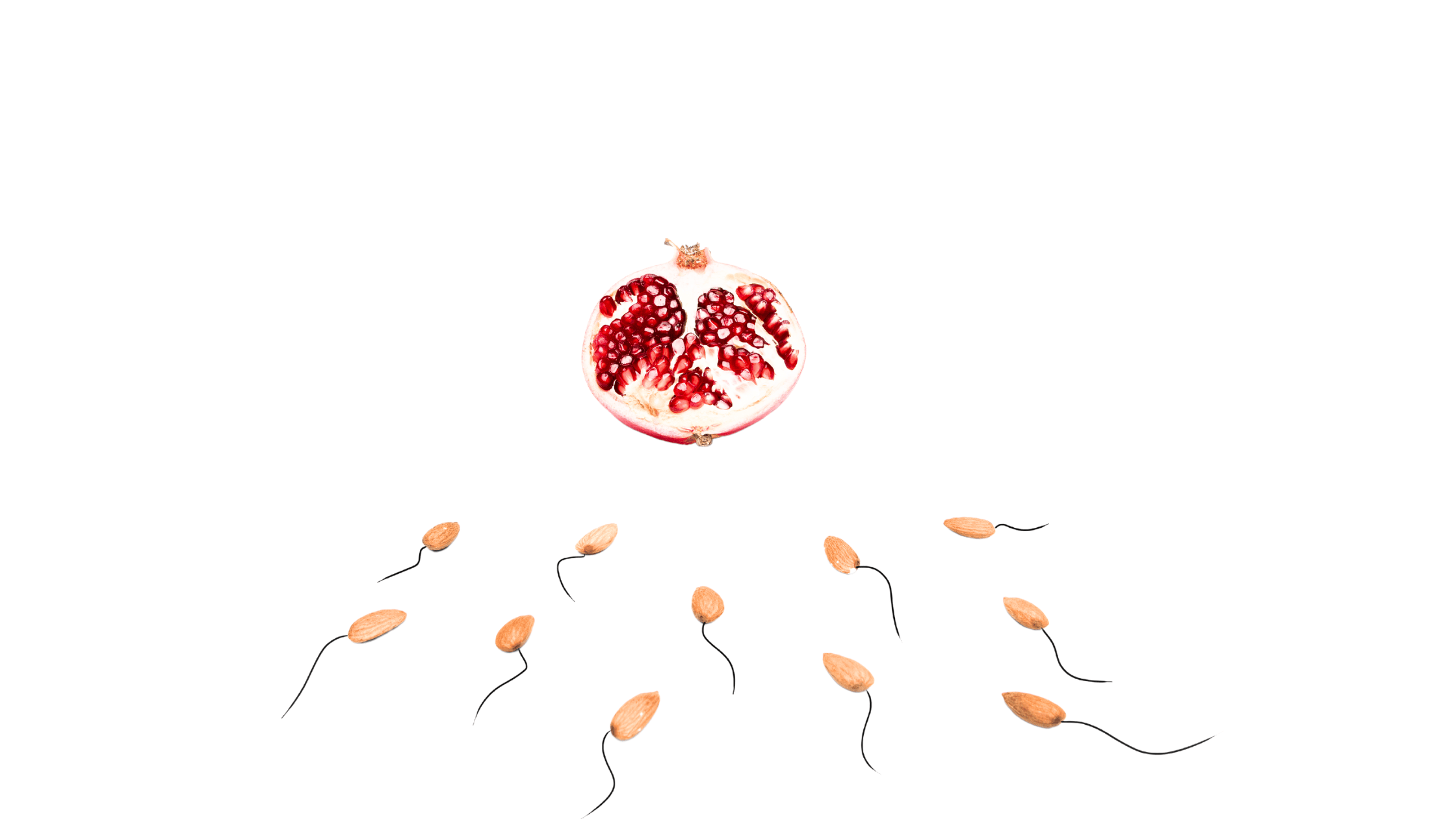“How to Pick a Prenatal Supplement” Guest post by Dr. Jodie Peacock, Naturopath Doctor
Most of us have heard that a prenatal supplement is recommended for women in their childbearing years who plan to become pregnant. But did you know that it is recommended to be taken at least 3 months before conception, during pregnancy, and while nursing? While the timing is certainly important, it’s also key to note that not all supplements are created equal. In this article Dr. Jodie Peacock, Naturopath Doctor will outline what to look for when choosing a quality prenatal supplement.
__
There are several nutrients that, when not at optimal levels, can have a negative impact on both conception rates and pregnancy health.
Consider the following criteria when selecting a prenatal supplement
- Aim for a supplement that has a suggested dose of 2-4 capsules per day. Generally, a one-a-day will not be able to provide the essential nutrients that are required.
- Ensure the supplement is free of dyes, talc, and other unnecessary additives. Remember the colourful cartoon vitamins we had as kids? Avoid ones that like!
- Ideally, the prenatal will be in a capsule or liquid format for optimal absorption instead of a hard-packed tablet that can be more difficult to absorb nutrients from.
Breaking down a prenatal supplement
Folate
I get this question a lot, “what’s the difference between folate and folic acid?” Here are the goods – taking either folate or 5-methyltetrahydofolate (5-MTHFR) will be better utilized than folic acid (which is synthetic and not as easily converted to its active form). Approximately 50% of the population has a reduced ability to convert synthetic folic acid to its active form 5-MTHFR. If you are one of these individuals and are not consuming the active 5-MTHFR form, this can contribute to higher rates of infertility, miscarriage, and neural tube defects. If you don’t know your genetic status it’s best to supplement with the active form of folate 5-MTHFR.
Iron
If your iron is low it can impact your ability to circulate both nutrients and oxygen, both necessary to sustain a healthy pregnancy. You might have heard or experienced side effects of taking iron – the number one reason women stop taking a prenatal vitamin is that the iron in it is causing constipation. Not fun! Therefore, it is very important to check what form your iron. Some forms have only a 5% absorption rate, while others have absorption rates closer to 100%. The side effects of iron come from it staying in your intestines instead of being absorbed, so this is super important when choosing your prenatal.
Heme iron or iron glycinate forms are both well absorbed and are generally well tolerated causing very little constipation.
Pro tip – have your iron levels tested with your GP or Naturopath while TTC so you know the best dose to take.
B12
B12 comes in different forms with methylcobalamin being one of the active forms that are more easily absorbed. B12 is a nutrient that is important for neurological development and for DNA replication. Ensuring optimal levels is both important for the development of your egg during preconception as well as overall health for the baby during your pregnancy.
Also, if you are a vegetarian then having your B12 levels checked is especially important!
Vitamin D
Low vitamin D can contribute to bone loss, depression, sleep disorders, immune deficiencies, and hormonal imbalances. Studies are also showing positive correlations between Vitamin D status and ICSI results. This recent study found women taking 4,000 IU of vitamin D daily had the greatest benefits in preventing preterm labor/births and infections.
Calcium
Calcium is important during pregnancy as it aids in the development of musculoskeletal, nervous, and circulatory systems. Between diet and supplemental sources, you need around 1000mg/day. Most diets in North America provide between 400-1000mg/day so you do not need to get 1000mg from supplementation. For calcium to absorb properly the ideal form is a citrate or MCHC form.
Calcium can compete with iron for absorption. If the prenatal has iron in an iron glycinate form this form absorbs in the small intestine and doesn’t compete with calcium so you improve the absorption of both.
Magnesium
Magnesium is a mineral that is used in hundreds of pathways in the body. It is important for the development of muscle, nerve, and immune function. Deficiency in magnesium can contribute to preeclampsia (high blood pressure in pregnancy) so it is important to ensure you are getting enough during your pregnancy.
Magnesium citrate or glycinate are both typically well absorbed while magnesium oxide will often remain in the digestive system.
Prenatal Cheat Sheet
When choosing a prenatal you should be aware that there are more and less desirable forms of several vitamins. Use the cheat sheet below when choosing a prenatal vitamin.
| Nutrient | Desirable Form | Less Desirable Form |
| Calcium | Citrate or Malate | Carbonate |
| Zinc | Citrate or Picolinate | Oxide |
| Folate | Folate or ideally 5 –MTHFR (5-Methyltetrahydrofolate) | Folic Acid |
| B12 | Methyl Cobalamin | Cyanocobalamin |
| Iron | Heme, Citrate, or Glycinate | Ferrous Fumarate |
| Vitamin D | D3 (cholecalciferol) | D2 (ergocalciferol) |
| Magnesium | Citrate, Malate, or Glycinate | Oxide |
A simple blood test can be run to assess your status of each of these nutrients. This is something you can discuss with your health provider.
Generally speaking, when it comes to supplements, you get what you pay for. Often ones that are low in price tend not to include the most absorbable forms of the nutrients that are important when supplementing our diets.
__
For more questions join us in our private Facebook group where Dr. Jodie will be on hand each month to answer your questions during Ask A Naturopath Day.
In addition to a quality prenatal, ensuring your diet is on track is important for your health and that of your future baby. Click below to get FREE access to our Fertility Starter System – a simple handbook that covers the foundations of nutrition and fitness while trying to conceive!
19]
Guest author Dr. Jodie Peacock ND
Dr. Jodie is a naturopathic doctor, author, and public educator!
Jodie is passionate about educating couples on the role of the environment and lifestyle to help optimize their fertility and the health of their future children. She authored Preconceived, an easy-to-digest book to help support as many couples as possible through the wealth of research on the impact of diet and lifestyle changes with regards to conception. Preconception health is critical to ensuring the optimal health of our future generation.
She feels very strongly about the opportunity to educate patients and the general public on the use of effective alternative treatments, empowering them to take control of their own health.
Jodie is the Chief medical officer at Enhance Fertility.
She is also the proud mom of 3 boys Maddox, and twins Cooper and Carter.
For more information, you can follow Jodie @enhancefertility on Instagram and Facebook or visit www.enhancefertility.ca fertility tips and education or email info@enhancefertility.ca




